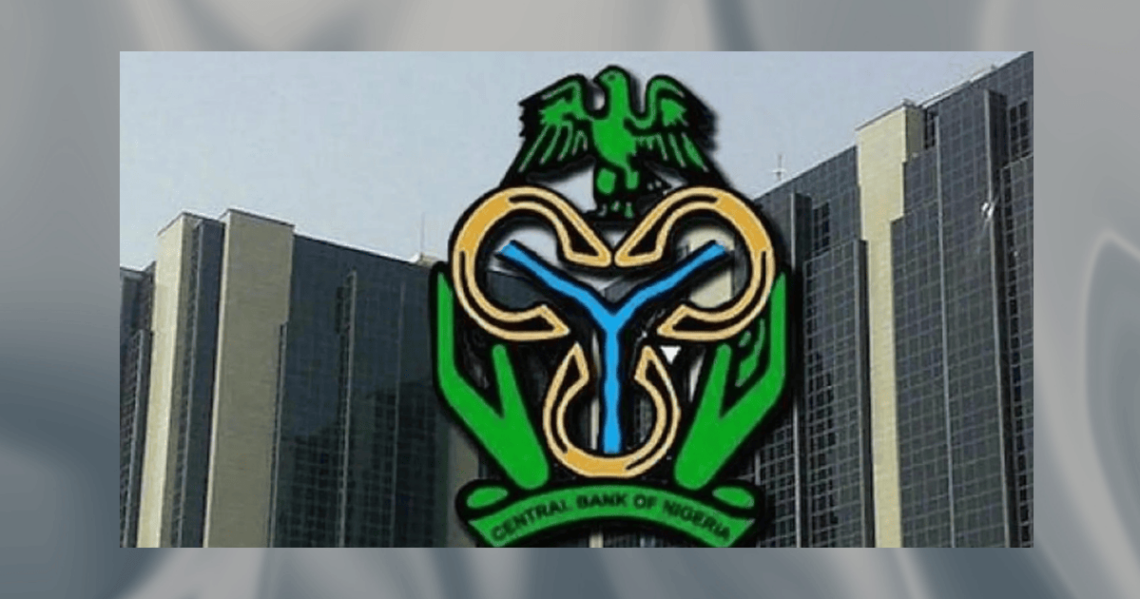It is no longer news that the Monetary Policy Committee (MPC) of the Central Bank of Nigeria (CBN) is set to hold its third meeting of the year May 20 and May 21.
While a majority of the market watchers projected that the MPC would hike the lending rates to combat persistent inflation, a renowned economist, Lead Consultant on Private Sector Development to the ECOWAS Commission, Prof. Ken Ife, has advised the committee on the possible consequences that can play out if the lending rate of 24.75 per cent is not retained.
Disclosing this in an interview with the News Agency of Nigeria (NAN) in Abuja, he advised the Monetary Policy Committee (MPC) of the Central Bank of Nigeria (CBN) to retain the prevailing rates.
According to him, “In the prevailing circumstance, private sector investment could be crowded out because if banks are forced to borrow at a high level, their lending rates will also get higher.
“They might want to increase the rates, the worst case scenario is for them to retain. This is because the policy is working to tighten the grip on inflation. It is actually yielding results.
“Even though, relative to last year, inflation is increasing, when you look at month on month inflation, all the five inflation indices are decreasing.
“Headline inflation, which is the composite price index, food basket index, core inflation, urban inflation, and rural inflation. They all went up in the last 12 months, but month on month, between March and April, they all started going down.” So, the aggressive tightening is working, but it needs more time for the growth to become significant and reflect on the next months.”
He noted that the MPR, being less than inflation, is a major challenge for investors.
He revealed that the seeming success of aggressive tightening in the last two meetings might propel the committee to further tighten the rates.
He said, “Inflation is 33.1 per cent while the lending rate is 24.75 per cent, this does not encourage investment.
”So, the MPR could continue to rise while inflation continues to decline until one gets higher than the other.
”It is advisable to retain the rates but I know that they are minded to increase it.”





